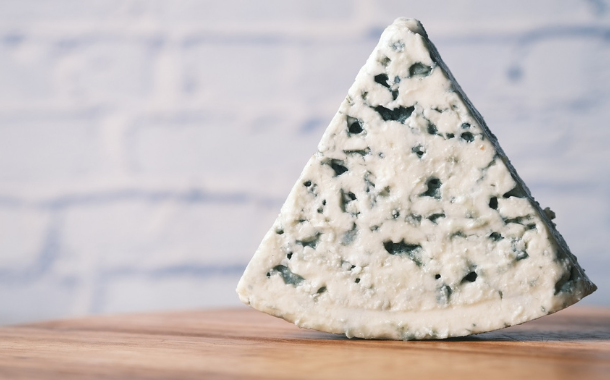Interview: GEA highlights the importance of filtration and separation technologies

FoodBev spoke with Steve Smith, business manager for beverage and dairy at GEA, about the importance of investing in high-quality filtration and separation technologies. Here, he highlights how food and beverage manufacturers can enhance their production lines with such equipment, and ensure their plants are running as smoothly as possible.'
Why are filtration/separation technologies such an important part of the food and beverage industry?
They're crucial in so many food and beverage production processes, enabling exponential production efficiencies and specific product production'' in some cases, across an amazing variety of consumer products. Although similar, the two technologies, (separation and filtration) are in some cases competitive and in others not, with one or the other being more suited to specific processes.
How has the filtration/separation tech industry evolved over the years?
In the case of separation, the tech has evolved time and again since the GEA's inception in 1893, introducing centrifuges for the dairy industry. Since then, literally thousands of specific internal designs and drive concepts have been developed for individual industries and processes. More recently the focus is on sustainability, developing equipment that requires reduced and more efficient use of utilities while still performing to customer requirements.
Which F&B sectors benefit most from this equipment?
Difficult to say, but it's probably the dairy industry that has multiple processes that require various products to be separated and filtered for drinking milk, cheese production and milk/whey powder products. Following closely would be beverage, mainly within the beer production process but also various other consumer products including coffee, cider, etc, and in more recent years the growth of plant-based beverage alternatives, which require separation/filtration within the production process.
What functions should high-quality filtration/separation equipment be able to perform?
Essentially, designs differ to offer either separation or filtration of product phases'' be they liquid/liquid, liquid/solid, or in some cases liquid/liquid/solid. Quality can come in many forms, be it the equipment design and operational reliability, customer focus and service or an in-depth understanding of specific processes and customer wants and needs.
Can the industry benefit from a 'one-size-fits-all' approach when it comes to filtration/separation tech? Or should technology be customised depending on the company and product type?
That's a nirvana approach I guess, but the reality is that there are hundreds of individual and specific processes where customers require separation or filtration equipment and it is impossible for a single design to achieve the output that's required. It's a little like asking for a single design of a plate heat exchanger for all known heating and cooling applications, they just wouldn't work.
Have you witnessed any particularly exciting innovations in the filtration/separation space?
There have been many innovations, some of which are plainly obvious just by looking at how areas like the drive concepts have evolved to reduce footprints and power consumption. Ever-evolving is the digital world with remote monitoring enabling predictive operational or maintenance requirements and diagnosis. One growth area for GEA has been the use of ceramic filtration in place of traditional poly-based materials, offering a more robust solution for more aggressive processes.
How is technology in this space meeting sustainability demands?
Continuous development of equipment design to reduce the demand on customer utilities, to the development of completely new production processes to achieve the basic goal of feeding more people but using fewer resources. Separation and filtration play a key role in the overall production process along with exciting innovations such as precision fermentation or tissue engineering.
Find Full Interview Here'
)
)
)
)
)
)
)
)
)
)
)
)
)
)
)
)
)
